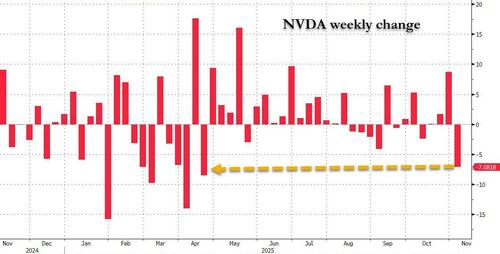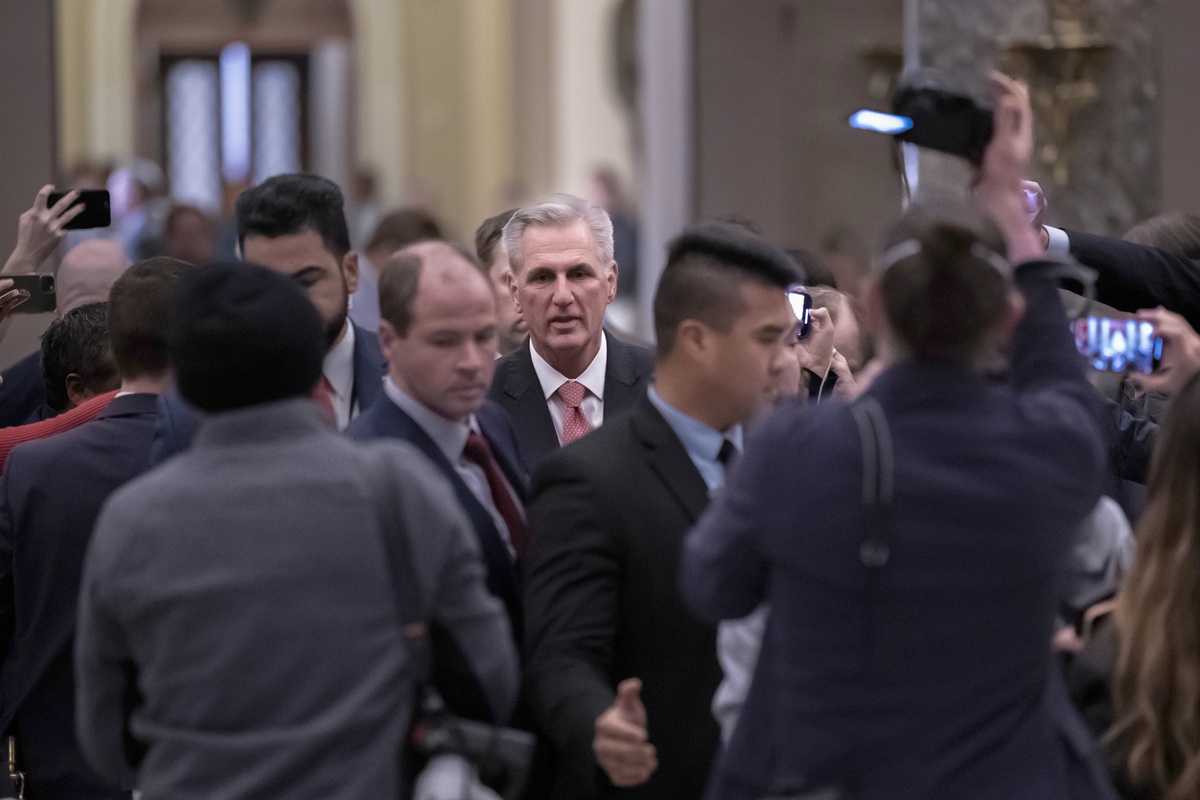Every time farmers agitate in Delhi to cut a deal with the government, I wait for a slew of comments that say the “real issue” is that “farming is unremunerative.” This is said by those who have compassion for farmers and also those who dismiss their demands. What they mean, in modern parlance, is that farming has a bad revenue model. If the world’s most popular consumer behaviour, eating, cannot make food production “remunerative,” it makes me wonder what exactly is lucrative. Is there a field of human activity in which participants say, “Our profession is remunerative”? Some individuals do well in almost all professions, but almost all of entrepreneurship appears to be “unremunerative”. At least, at first glance.
Film producers are struggling. Almost all retailers are struggling. Most startups are not going to survive. There are venture capitalists who say they are struggling. All actors, except maybe a half a dozen, are struggling. Publishing is “unremunerative” for publishers and writers. Writers, in every form and genre of writing, are struggling. Even most politicians, who are actually entrepreneurs if we stop being humorous about what they really are, are struggling. All supremely talented athletes, barring a few at the very top in their discipline, are struggling. Take tennis. It appears to be lucrative, but players who are not in the top 100 struggle to make money. Most of them make a loss, as they have to bear the costs of their own travel and stay. Like other entrepreneurs, they have to hustle for side jobs. Last year, ESPN ran a story on the financial struggle of tennis pros. It featured Kiranpal Pannu, who was ranked 664th in the world in 2022. That year, “Pannu earned $6,771 in prize money. But his expenses, predominantly for travel, [were] $34,500.”
Unemployment or underemployment has dignified names. One of them is “investing in the market.” Kinder people would say that amateur stock trading is a form of entrepreneurship. If that is true, most traders too are struggling—the people who invest directly in making money from money. Most of them lose money, including those who read ‘technical charts.’ Speak to anyone who is not salaried, chances are they believe they are struggling. Even among the salaried, most people do not see themselves as struggling only because they know their incomes and that they cannot earn zero or less. But there are very few professions where the salaried are paid well, and even there, most workers don’t survive the ever-tapering ladder to the top. Thus most salaried people, too, are fated to become ‘entrepreneurs’ in fields that are ‘unremunerative.’
Why does the world appear to prosper while entrepreneurs struggle? Very few thrive and they make capitalism’s averages look good. Is that all there is to it? Is the promise of capitalism a myth?
There is a bit of doom in the very idea of entrepreneurship. Every entrepreneur sets out to make money in a line of business that has money in it. Yet, the reason it is not lucrative is that if profits were guaranteed, then everyone would flock to it and the finite bounty would have to be shared among an ever-expanding crowd of competitors until the guarantee falls apart.
It would appear that capitalism oversells itself through a small number of successes, whose success millions try to replicate and fail. When you look around society, don’t you get the feeling that everyone is in the middle of a spoof? People are imitating what they think the rich did to get rich, while the actual reason they got rich is never clear.
There is another reason entrepreneurs appear to struggle. Take agitating farmers. They are middle-class landholding entrepreneurs, and not farmhands on hire, who are salaried people. Most Indians seem to think of the typical farmer as an impoverished, oppressed man. There are some farmers who are this, but the poor and oppressed tillers are usually the landless, whose immediate oppressors are landholding farmers. The struggle of the landholding farmer is never to stave off hunger. From that low level, from that abyss of poverty, no entrepreneurship is possible. Extreme poverty only makes one think small. The struggle of the landholding farmer is always growth. In any business, to be still is to perish, because everything else around it is changing, and getting expensive.
So an entrepreneur is only a person who has high standards for the meaning of ‘remunerative.’ Entrepreneurs are actually doing well and, incredibly, they may not be entirely aware of it.
Something occurred to me when I was thinking about the hold of superstars on the film industry. I used to think of them as the problem. They take away most of the budget and profits, leaving little for the rest. But then I realized that the high fees of superstars increases the pay of others. A film producer, ‘character actor’ or screenwriter earns more in commercial movies than in art cinema only because film stars have inadvertently raised the bar for everyone.
What film stars demonstrate is that many professions are intrinsically ‘unremunerative’ but can become more lucrative if the field manufactures superstars. We can see this phenomenon in many professions, like all spectator sports, and even among heart surgeons. People are good at something, and that something is not very lucrative, and remains so unless the field has superstars. If the argument is not relevant to all streams of entrepreneurship, it is because some businesses do not have any superstars. Farming, for instance, does not have superstars.















